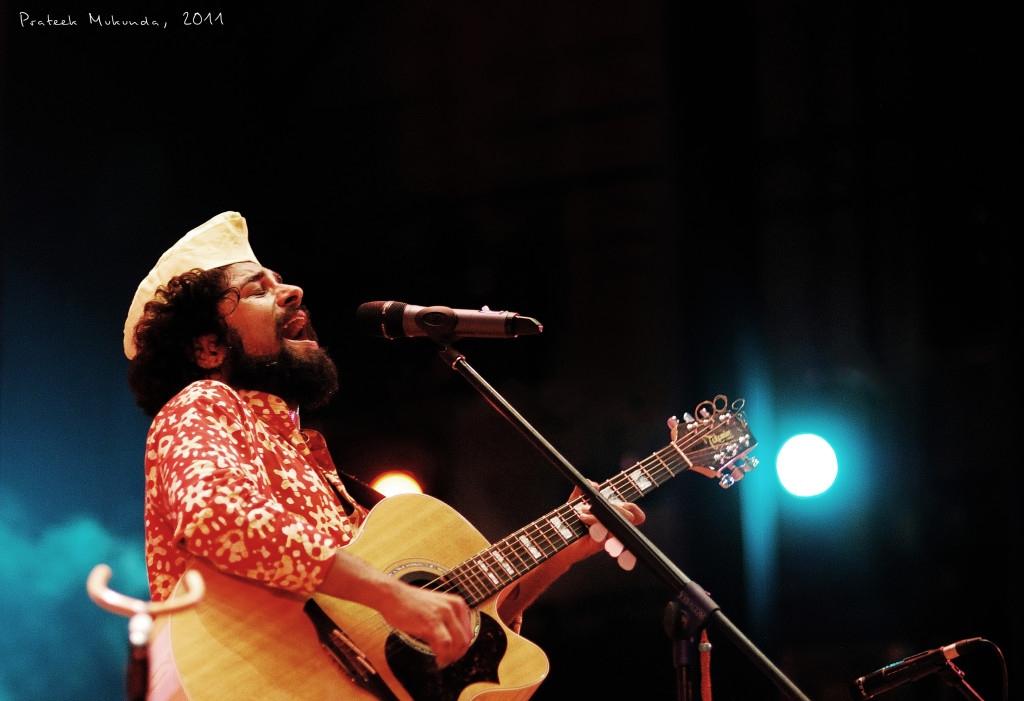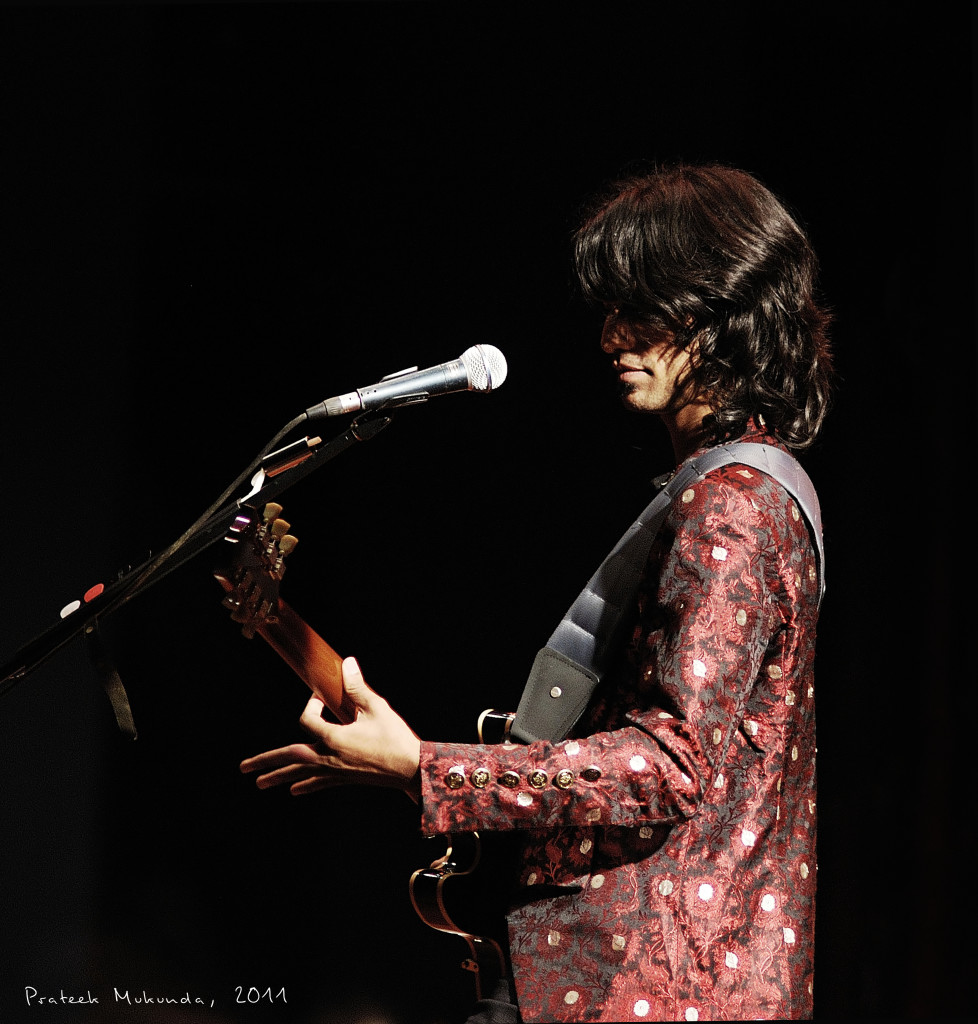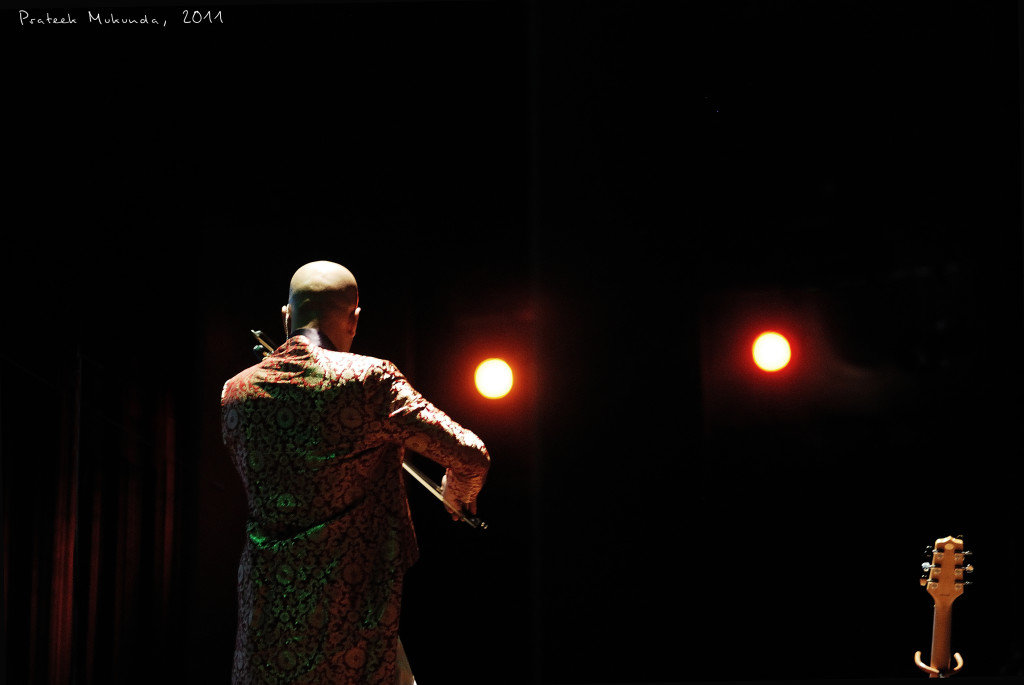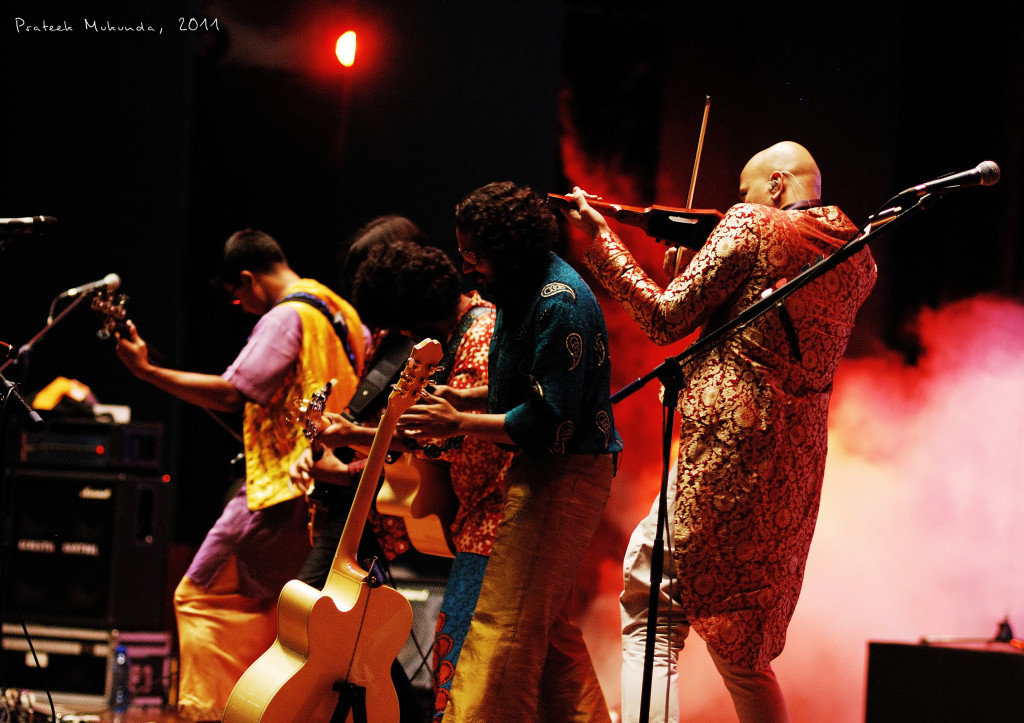 Priyanka ShettyPriyanka ShettyPriyanka ShettyPriyanka ShettyPriyanka ShettyPriyanka ShettyPriyanka ShettyPriyanka Shetty
Priyanka ShettyPriyanka ShettyPriyanka ShettyPriyanka ShettyPriyanka ShettyPriyanka ShettyPriyanka ShettyPriyanka ShettyWTS:What are the main themes or topics of most of your songs?
Sanjeev: We dont have any definite concepts or themes when we make a song. If we like the interview today, tomorrow we may do another song based on this interview. We consciously dont make songs on particular subjects or themes, its like once we jam whatever comes, individually what we think, the sound what idea it gives to each one of us, when we discussover it, if some of us have mutual thoughts about that sound, when we realize that we feel strongly about that subject, thats when we all sit together and take it further.
Vasu: We had a song that was about youth and the power of youth. Over time the song itself changed, there were a few changes in the song pattern and the way the song sounded, there were some dark elements also coming into the song. Then we felt maybe we could relook at the subject of the song.We felt that it could be about the media and how media plays a role in our lives. So we changed the subject of the song. Now the way the song might be looked at by all of us itself is different, the same song – what we are talking about changes our perspective towards the song itself. You never know the same tune maybe after a few years well say we want to change the lyrics and we want to make it something else.
WTS:How many songs like these have undergone such a transformation later?
Vasu: Quite a few like Pyaasi for example is about the river Kaveri. But initially when we wrote it, it was about a mother looking for her son who is lost in a war. So there is no actual relation between where it started to where it is now. Each song is like an evolution by itself. In Patte Saare, we are adding elements now though we have recorded it then, ofcourse we still stuck to the same subject. Its all about whats happening around us. Probably the things that are happening in the media are affecting us so we want to say it in the song now.
WTS: Who is the primary songwriter of the band?
Jishnu: Primarily Vasu, thats how it used to be till about 4-5 months back. So Vasu, being one of the earliest members, one of the founding members of the band, penned down a lot of the songs from the first album and a lot of the songs in general came from his initial thought which the band would later come in on. But of late we have started encouraging each other and ourselves to write. There have now been songs where the original idea comes from Varun or Montrey or me so yes I think from a songwriting point of view its still Vasu and there is a certain flavor that defines the bands sound.But that said, we have consciously taken a call that lets try and build in as many diverse songwriting elements as possible. So some of our upcoming songs may not sound like the ones weve written in the past.
Vasu: Like for example theres this song were working on it was a conscious step to say that Okay guys, Im not working on this song, why dont you guys write this?And it need not be sung as such, it could be a storytelling song, but that itself is a song writing exercise. Like he said we are trying to look at different perspectives in the songwriting process.
WTS: Could you briefly describe your music making process. What goes into making a Swarathma song?
Varun: Musically when we start off writing a song, we look for an initial spark. What we try and do is wait for either a guitar progression or a set of chords or a violin riff or a drum beat or a bass line, anything that feels like we can turn that into a song, or even if that part comes in a small way in the song like be it just a few seconds even that is enough for us. We just need an initial spark from there we build the music, we just keep writing guitar parts, drum parts and stuff like that. Once we have an overall rough draft we try and see what does that music remind us of, like sometimes all of us come up with pretty much his reminds me of my past, or something that I love, some novel that you read or anything we try and work on like that then we stick on to one topic out of that, whichever sounds closest to the song. Like what Vasu said before, the song which he wrote about the youth, after that it negative or dark musically and we thought of changing.
WTS: So the lyrics follow the music and not the other way round?
Jishnu: Almost always.
Vasu: Only once, for Jamba we had the lyrics first. I had the tune before and one of my colleagues said Ive written one poem see if you can use it and it just fit the song well – the metre, everything. I didnt have to change anything, just jumbling a few words here and there otherwise it was just apt for it. Probably that was a one off case.
Varun: He also took help of his friend called Hitesh Kevalia for a song from the first album, and the second album we are definitely going to be working with a lot of other guys. A lot of people have started pitching in and were definitely open to it.
Vasu: There is a song were playing today one of our fans sent his stuff that looked very interesting. I really love your band and this is a song Ive written
Jishnu: no not really he sent us some of his stuff which looked very interesting. Vasu had an original guitar part a very trippy kind of a tune, then we sent that to him and told him why dont you write something. We are very good at thinking of a theme that fits the mood of a piece not always that good at putting the right words out there. We know what to say but not to say it well enough. We take help from people to help us say it. For example, in Pyaasi the first verse was there for the longest time and it was only during the recording of the album that Hitesh finally came up with the second verse. The Yeshu Allah aur Krishna chorus mukhda was there for a long time and it was only much later that the rest of it came from a songwriting point of view.
Vasu: I look at every song as a storytelling exercise, coming from a film background, for me every song is a story – its a visual flow. Most often we have a story figured in our mind. Many a times its just that we are not so good with words so we take help from others who can write well. Its very difficult to get the right kind of words to fit at the right place. Maybe because we are so involved with the music sometimes, and are not able to do justice to writing the lyrics. Everything is very important right from the spark of just a riff, to developing it into a song, then the idea then the lyrics. Sometimes there are songs that take a year to finish. We just let it develop. In fact the song he was just talking about, we keep humming it at every sound check.
WTS: Jishnu, in one of the interviews you had given earlier, you said and we quote One the days we have squabbled it has affected our music
Jishnu: Oh yes! If we have fought it affects us in a bad way, its a very direct correlation.
Sanjeev: If Im mad at him Ill just slap him or break his hand and he cant play the guitar.
Jishnu: There have been cases where we have fought over stuff. Maybe people wont get it but its really pissing off when someone comes and tells you Great show man when you know you have sucked. I think as a band we have grown into each other, to be able to understand each other better so that we can avoid situations where things get sour. Differences are vital but they have to be treated in a way that they dont affect feelings. If youre able to keep the balance between venting your differences while keeping in mind their feelings then youve got it, pretty much the root of all human conflict.
WTS: Talking about the music scene, what is your opinion of it?
Varun: Its still in the process of picking up, it has come quite a long way definitely compared to what it was 5-6 years back, but still if you count there are just a few pubs and restaurants where you can go perform. There are not too many music festivals as such but again, its growing.
Sanjeev: As time has progressed we now see more and more bands have their original stuff, which was not the case many years ago when bands were happy playing covers. I think it has improved quite a bit.
Jishnu: We got a chance to jam with Bicycle days. I may not personally enjoy their genre but what draws me to a band like Bicycle Days is the fact that they have the courage that they do it and goes ahead and say that this is who we are.
WTS: Tell us about the dynamics of the band and its inner workings.
Sanjeev: Boost is the secret of our energy! (laughs)
Jishnu: To answer that in a business like way. Its all very good to play in the band, have our head in the clouds, pick up the guitar all that is good but you have to make it run as a business. We have someone within the band who handles finance, creative designs, merchandize, online promotions. It works almost like a firm where you have individuals with responsibilities while also coming together to write music and most importantly, its like a functional family.
WTS: We see some rather unique and new gear on stage. Would you like to tell us about that?
Sanjeev: Those are electric violins, why I use them is that acoustic instruments on stage tend to pick up the other instruments as well which are loud. The solid body instruments do not have this kind of drawback. I used to work with a software company earlier so I picked them up when I went abroad. Theres a new one among them, Im yet to name it.
Jishnu: The first one is called Basanti.
WTS: According to you which is the most promising Bangalore based band?
Jishnu: I think we all really enjoyed Parvaaz. We shared the stage with them at a college gig. Theres also Agam, the point is there are bands interested in doing their own thing, thats whats exciting!
WTS: What do you have to say about the causes you are associated with?
Jishnu: The way we look at it is if you are a band and youre getting shows, you have a loudspeaker in our hand. What are you going to do with that loudspeaker? You can tell people something. Theres a line between being preachy and being conscious. The moment you start being preachy, people stop listening to you. The second point is something that Vasu likes to say, if you sugar-coat a pill it goes down easily. The sugar coating is the entertainment.
WTS: What do you think would shift the focus of people from music from movies to live performances?
Vasu: One of the responses we get generally is that people are reluctant to buy our albums, theyd rather watch us live. I guess it depends more on live acts how they take it onstage, create a kind of interest for the people, I dont think people would be that interested in watching any band live. Just like how films are interesting to watch, every band should be interesting to watch live, thats when you can pull in a crowd. What we do generally is when we are on stage, we keep interacting with each other, smiling, conversing, and it automatically brings a smile on the face of the audience as well, its not just a one man show, were a complete unit. Just how we are off stage we try to be on stage, thats what we try to do and thats how we are. The extra emotions while were onstage is through the music so thats why we might look more energetic or more active.
WTS: Do you think live music will have an Industry thats profitable
Vasu: Compared to what the scene was years ago now the independent music industry has really come up. A lot of festivals are showcasing independent artistes, and there are many bands that dont get a platform to perform thats when these festivals come in handy. Festivals like these bring more confidence in independent artistes and musicians and thats what keeps them going to do more shows. People have lost track of bands because Bollywood usually overtakes the sound. Like Bollywood movies if bands are seen in various cities and like movies if bands can also reach out to remote places, then definitely it has the potential to have its own industry.
WTS: What made you choose folk music?
Pavan: We were college mates; Ive been with Swarathma since we started in 2002. We started off just like any other band. Its not that we consciously focus on the folk genre, folk wasnt a conscious decision since we come from different backgrounds. Maybe for Vasu and I it was the upbringing and the place where we came from Mysore. There was folk music all around us, and both of us are more active in theatre front. Initially it was like that but now every band member is involved in the music making process, maybe the second album may not sound like folk, it may sound different. Its not exactly folk-based, though we are tagged as folk-rock. I dont think were exactly doing that.
Vasu: Also on the flipside I feel we are a folk-rock band, because we dont take folk music as it is but we take elements of folk music and incorporate it. But the ideology of most of our songs is inspired from folk songwriting. Folk songs arent written by great musicians. They could be written by anyone – a shepherd, a farmer and they tell their stories, and that transforms when a good singer renders it in a nice way such that it becomes a beautiful song. The ideology of a folk song is like – You tell your story whatever you feel and whatever is happening around you. We want to tell our story and music has been a medium to tell it. Whatever things that are happening around us we write about them. In a way its the song of people around us. If we are not affected by the hypocrisy of religion, or people who have a hold on religion or when we see people around us who are affected by it, and we dont feel much about it then we wont be able to write about it. Like those old ladies who beat the paddy and keep singing they come up with stories, tell stories about how a woman was pregnant, she went to another village, then she gave birth to a child, they met one guy, their way of storytelling is amazing, so that has been an inspiration to our songs. And of course, we bring in the elements of folk into our music. It wont be unfair to say we are a folk-rock band.
WTS: The Dixit brothers are the people who started Indias most popular folk-rock bands. Have you ever been compared to each other?
Vasu: Yes, there is no doubt about it. He has been my first inspiration, the one who introduced me to playing guitar and writing my own songs, using a guitar and music as a medium to express myself. So definitely hes been there. Having said that,from there, there have been many things that have happened on their own for me. Obviously, the way we sing is very similar, the way we throw our voices is very similar. So, obviously there will be comparisons but Raghu Dixit is what he is and I am what Swarathma is.
WTS: Have there been any collaborations between TRDP and Swarathma?
Vasu: Not yet, Im not sure if we are worthy enough, he has sailed his ship much ahead, he started much earlier and has gone ahead. He is someone we all look up to and he has been an inspiration for most of us. Even his previous band Antargni was a great inspiration for us as a band. If there is a chance to do it, wed love to do it. When Antaragni was at its peak, I was still learning to strum the guitar and my induction into the music scene happened much later. When they were playing I was backstage helping them carry the guitar, there was no way that I could say that I want to jam with you guys. It was only much later in 2006 when Swarathma started , when we won the radio city contest, and in 2008 when we won the national contest, thats when we started taking music more seriously. That was three years back. Raghu was on a much higher platform. Like I said, he had sailed much ahead.
WTS: Raghu is touring so much, you guys are shuttling between cities. Do you guys meet and get to spend time together and talk to each other?
Vasu: Whenever we meet we discuss a lot about music. Of late hes been very busy. Im obviously not the first choice after his wife (laughs) hes doing a Bollywood project also. Of late we havent been able to talk or discuss much.
WTS: Is Swarathma open to providing soundtrack for Bollywood movies?
Vasu: Yeah, wed love to do an item number! (laughs)
Pavan: Act in it, not sing in it!
Vasu: Wed definitely love to. Someone we really look up to who have done justice to their music is Indian Ocean. They have been very true to their music. They have not let someone come and say change your music to suit my script or film. They want to use their music the way it is. If someone is open enough to us, well also be open enough to do that.
WTS: We are dramebaaz. Maybe it has to do with the fact that I was into theatre for sometime. How does theatre reflect in Swarathmas performance?
Vasu: I think of myself as an artist first then a musician and then a performer. As an artist its ok if you use any medium to express yourself. I have chosen music to showcase what I want to say. I see that when you come out as a live music band, people come to watch you, they dont come only to listen to you. You need to catch their senses in all possible ways. So thats why the colourful clothes – so that we catch their eye and then capture them with our music. I hope some day we will also have some way of appealing to their sense of smell with each song. We are thinking really big in terms of how we can do our acts together but such things will take time. Theatre and antics that come with it is just part of the performance. Of course, music and the message that we want to convey should be the first priority; these are only the add-ons to it. I dont deny the fact that we are dramebaaz. After all we are actors – even a musician is only acting the performance of a song which he has learnt, its not that hes rendering a song right there, hes not composing the song, hes practiced a lot and then hes acting it on stage. At the end of the day each musician is an actor.

















